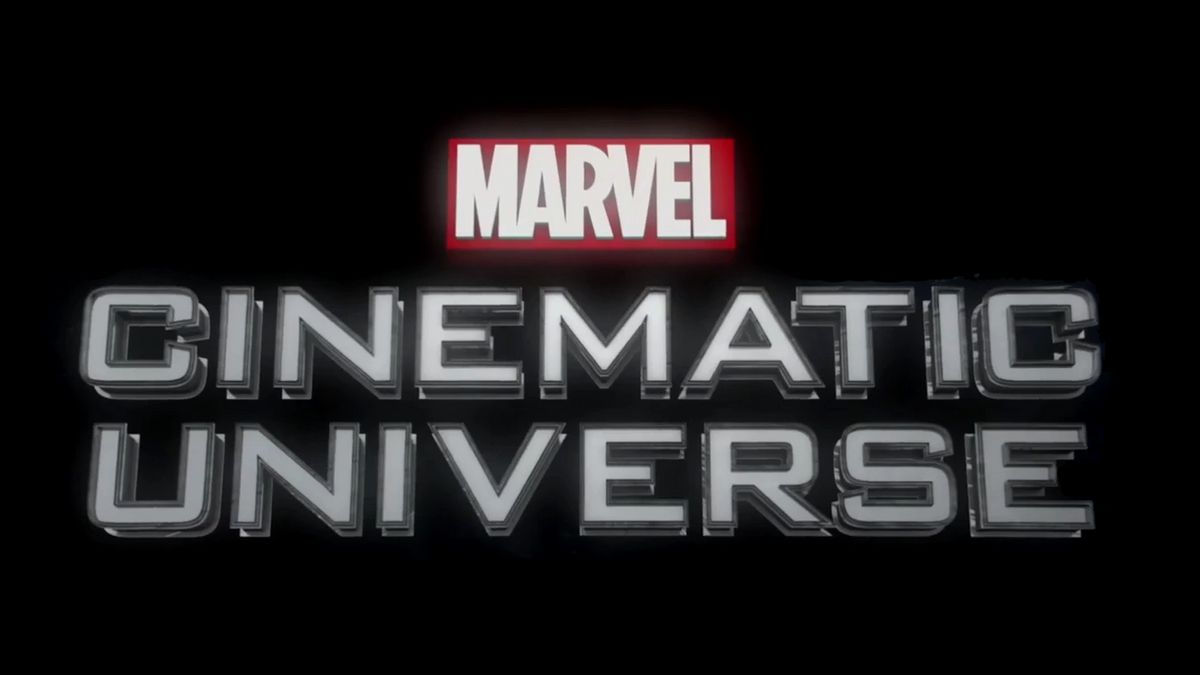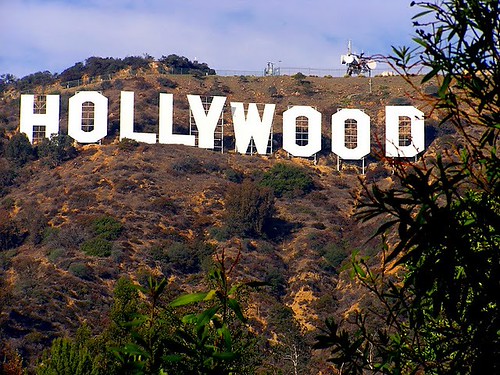
For screenwriters, the eternal question of ‘How to get an Agent or Manager’ is right up there with ‘The Meaning of Life.’ This sentiment perfectly encapsulates the daunting challenge aspiring writers face in Hollywood. The path to getting your screenplay noticed by industry professionals can seem opaque, fraught with unspoken rules and fierce competition. However, by understanding the proven strategies and meticulous preparation required, you can significantly increase your chances of transforming a cold query into a warm lead.
Breaking into the entertainment industry, especially as a screenwriter, demands more than just a brilliant story; it requires strategic execution at every turn. From the moment an industry executive or agent lays eyes on your submission, every element—from formatting to your succinct pitch—must leave a lasting impression. This in-depth guide, crafted from years of industry insight, will arm you with the actionable advice needed to stand out in a crowded field and move closer to seeing your words come to life on the big screen. We’re about to unveil simple yet crucial secrets that professionals use to capture attention and secure that coveted script read.
This journey isn’t just about knocking on doors; it’s about making sure that when a door opens, even just a crack, you’re prepared to step through with confidence and a polished product. We’ll delve into the essential pre-submission steps that lay the groundwork for success, ensuring your script isn’t just read, but remembered. The initial impression is paramount, and mastering the fundamentals discussed in this first section is your ticket to riding the wave of opportunity.
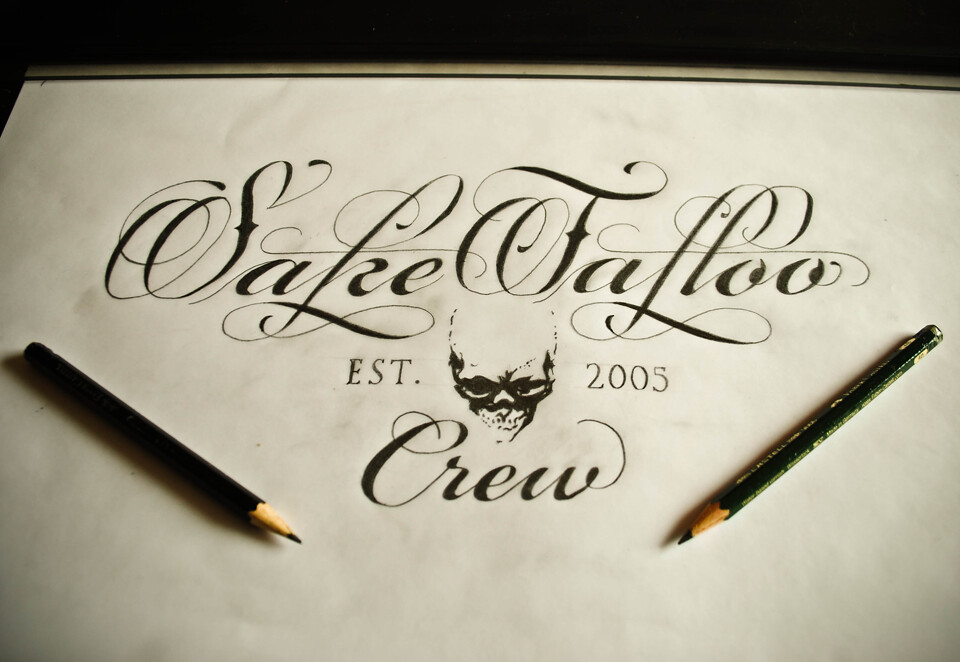
1. **Mastering Script Formatting**
The very first hurdle any aspiring screenwriter must clear is ensuring their script adheres to industry-standard formatting. Hollywood operates on fairly strict rules when it comes to the presentation of a script, and neglecting these can be an immediate red flag. A professionally formatted screenplay signals respect for the reader’s time and a foundational understanding of the craft. It’s not merely about aesthetics; it’s about readability and convention, allowing the story to flow unimpeded by visual distractions.
While it’s technically possible to write your script on a typewriter or any regular word processor, this approach can be extremely time-consuming and frustrating. Getting all the margins, spacing, and layout correct manually is a painstaking process. The “Guru’s advice is to invest some money into professional script formatting software, such as Script Studio.” These tools automate the intricate details, allowing you to focus on the creative aspects of your storytelling rather than getting bogged down in technicalities. They ensure your script looks exactly as industry professionals expect.
Proper formatting directly impacts the reader’s experience, which in turn influences their perception of your work. An incorrectly formatted script can make a strong story seem amateurish or difficult to read, potentially leading to a premature “pass.” Conversely, a clean, correctly formatted script demonstrates professionalism and attention to detail. It helps establish credibility even before a single line of dialogue is read.
Ultimately, mastering script formatting is not an optional nicety; it is a fundamental requirement. It’s an investment in your career that pays dividends by presenting your work in the best possible light. Before an agent or manager can connect with your narrative, they must navigate a physically accessible document. Ensuring your scripts are formatted correctly and don’t have typos is a baseline expectation that can either open doors or slam them shut.
Read more about: Navigating the New Talent Economy: 12 Once-Essential Job Skills Managers Are De-emphasizing in a Skills-First World

2. **Thorough Proofreading**
Once your script is meticulously formatted, the next crucial step is an exhaustive proofreading process. “Once you’ve finished your script and spell checked it then read it over a few more times, until you’ve found every single spelling and punctuation error.” This advice cannot be overstated. A screenplay riddled with typos or grammatical mistakes immediately undermines the writer’s credibility and professionalism. It suggests carelessness and a lack of dedication, which are not qualities an agent or manager seeks in a potential client.
“No sense wasting anyone’s time with shoddily written material.” This straightforward truth highlights the competitive nature of the industry. Agents and managers receive an overwhelming volume of submissions, and anything that makes a script difficult or unpleasant to read provides an easy reason to dismiss it. Even the most compelling narrative can be overshadowed by a barrage of errors, diverting the reader’s focus from the story itself to its numerous imperfections.
To be “extra sure your script is in the best shape it can be,” consider utilizing additional resources. While the context mentions a specific “Proofreading or Script Polish service,” the general takeaway is to go beyond a simple computer spell-check. Fresh eyes are invaluable for catching errors that your own brain, having intimately known the material, might automatically correct or overlook. This could involve asking trusted peers to review your work specifically for errors.
Ultimately, flawless proofreading is a non-negotiable step in preparing your screenplay for submission. It reflects your attention to detail and your commitment to presenting a polished, professional product. A clean script allows your voice and story to shine without distraction, ensuring that the reader’s enjoyment and their opinion of you as a writer are not negatively affected by preventable mistakes. It’s a silent testament to your seriousness about your craft.
Read more about: Outsmarting the ATS: 10 AI Resume Tools That Write Better Resumes Than Human Experts

3. **The Critical Test Read**
After formatting and proofreading have brought your script to a polished state, it’s time for a vital reality check: the test read. “Give your finished – and proofed – screenplay to a friend or relative and ask them to read it in one sitting.” This exercise is designed to gauge the pacing and engagement level of your narrative. The objective is to understand how an unbiased reader experiences your story, particularly concerning its length and flow.
The key metric here is time. “If they can’t finish in less than 2 hours then you probably need to trim some fat.” This guideline provides a practical benchmark for feature-length screenplays. An overly long script often indicates unnecessary scenes, verbose dialogue, or narrative digressions that can dilute the story’s impact. Industry professionals operate on tight schedules, and a script that runs too long suggests a lack of conciseness, a critical skill in screenwriting.
A test reader can offer invaluable insight that you, as the author, might be too close to discern. They can identify areas where the pacing drags, where exposition is heavy-handed, or where emotional beats don’t land as intended. Their fresh perspective can highlight sections that feel superfluous, allowing you to objectively “trim some fat” and tighten your narrative. This feedback is essential for creating a lean, impactful story that keeps the audience—and, crucially, the agent—engaged.
Incorporating a test read into your revision process is a strategic move that refines your script’s overall appeal. It helps ensure that your story is not just well-written, but also well-told, with an optimal pace and structure. This step moves beyond mere technical correctness, focusing on the audience experience, which is ultimately what agents and managers are looking for: a captivating story that can hold an audience’s attention for its entire duration.
Read more about: When Home Becomes a Hotel: The Heart-Wrenching Realities of Family Rent Conflicts and Financial Betrayal
4. **Crafting an Irresistible Log Line & Pitch**
Beyond the script itself, the most vital components for capturing initial interest are your log line and pitch. These are “the most important two lines you’ll ever write in your life so take your time!” A powerful log line serves as a one-sentence summary of your screenplay, designed to “seize the attention of any Hollywood executive the second he lays eyes on it.” It’s the hook that compels them to learn more, boiling your entire story down to its most captivating essence.
The structure of a log line is often formulaic yet incredibly effective: “A man/woman who is blank, does something, somewhere and something exciting/hilarious/gut-wrenching/romantic/scary happens.” This framework helps you articulate the core conflict, protagonist, their goal, and the stakes in a concise manner. While ideally one sentence, you “can get away with two in a pinch” if absolutely necessary. The goal is clarity and intrigue, making the reader eager to discover what unfolds.
Complementing the log line is your pitch, a “quick, short-hand way to describe your screenplay by referencing an existing (usually successful) feature film or TV show.” This comparison acts as a shorthand, immediately conveying genre, tone, and marketability. Crucially, “Try to reference modern films as executives are getting younger and younger and comparing your script to Fellini might put them off.” The aim is to evoke familiar, successful narratives that resonate with contemporary tastes, demonstrating your awareness of the current market.
For example, for a script titled “Crescent City Boogie,” a compelling log line might be: “Eddie Kraus, a British expatriate turned New Orleans Police detective, begins to suspect that his Creole partner may already be dead as the two lawmen pursue a pair of kidnapped college students on a reckless crime spree across the Crescent City.” The pitch then succinctly frames it: “A Sixth Sense-esque cop buddy picture set in the Big Easy,” or alternatively, “Lethal Weapon meets the Sixth Sense.” Mastering these two crucial elements is paramount for sparking immediate interest and setting your script apart.
Read more about: 13 Meal Prep Fails That Prove Some Time Savers Just Aren’t Convenient — And How to Fix Them!

5. **The Indispensable Synopsis**
Following your captivating log line and pitch, the next essential document in your arsenal is a short, 1-2 page synopsis of your script. This “seemingly trivial 1-page synopsis is actually indispensable when it comes to selling your script.” Its importance stems from the busy nature of Hollywood executives and their script-readers, who are often “over-worked” and need to conduct a basic assessment of your project as quickly as possible. This document allows them to grasp the full arc of your story without committing to a full script read.
The synopsis provides a more detailed overview than the log line, outlining the plot, key characters, and major turning points. It should be compelling enough to sustain interest and demonstrate a clear, well-structured narrative. If executives “like your synopsis, then there’s a very good chance they will request your script!” This makes the synopsis a critical gatekeeper, filtering out projects that don’t immediately align with their interests or current needs. It’s your opportunity to prove that your story has substance and a coherent progression.
Having a polished synopsis ready beforehand is crucial. The context warns, “If you don’t have this document ready, you’ll probably rush it when it is first requested and then blow your big break.” This underscores the need for proactive preparation. A rushed synopsis will likely be underdeveloped, poorly written, or fail to convey the story’s true potential, effectively sabotaging your chances. Taking the time to craft a strong, concise synopsis is a wise investment in your potential future success.
In essence, the synopsis acts as a detailed preview, a bridge between the initial hook of your log line and the immersive experience of the full screenplay. It allows decision-makers to quickly ascertain the viability and appeal of your project. By presenting a well-crafted synopsis, you cater to the industry’s need for efficiency while showcasing the depth and breadth of your storytelling ability, significantly increasing the likelihood of a script request.
Read more about: Bucket List Cinema: 14 Certified Fresh Movies You Absolutely MUST See Before You Kick the Bucket

6. **Writing a Winning Query Letter**
With your log line, pitch, and synopsis perfected, you’re now “armed to the teeth” to begin writing captivating query letters. A query letter, if written well, “is your ticket to ride.” This initial communication is what you send to an agency, management firm, or production company to introduce yourself and your project, inviting them to request your script. It’s your first formal introduction to potential representation, so it must be impactful and professional.
The ideal query letter should be “short and to the point, utilizing only your Log Line and Pitch to get their attention.” Overloading it with too many details is a common mistake; “Don’t include lengthy plot summaries or backstories.” The goal is to pique curiosity, not to exhaust the reader. You should “not submit the synopsis unless they have specifically asked for it,” and likewise, “Do not add a resume either. If they want it, they will ask for it!” Adhering to these guidelines demonstrates respect for their time and an understanding of industry protocols.
For cold queries, specific elements are crucial. A “Personal Greeting: Address the recipient by name. Avoid generic openings like ‘Dear Sir/Madam.'” Follow this with a “Brief Introduction: Mention who you are, your relevant achievements (if any), and why you’re reaching out.” Crucially, you must include “Your Logline: Include your script’s title, genre, and concise logline.” Then, “Explain why you think they’d be a good fit for your script” to personalize the outreach. A “Polite Closing” with your contact information completes the letter.
An example query provided in the context illustrates this structure: “Subject: Script Query: Post-Apocalyptic Drama – Ashes to Eden. Dear [Agent’s Name], I’m a screenwriter specializing in character-driven dramas, and I recently completed Ashes to Eden, a post-apocalyptic feature about a widowed botanist who must decide whether to save a dying world or protect her only child. The script explores themes of survival, grief, and redemption, blending the emotional depth of The Road with the visual spectacle of Mad Max: Fury Road. I admire your work with [specific project], and I believe my script aligns with your interest in high-stakes, emotionally rich stories. I’d be thrilled to send the full screenplay if you’re interested. Thank you for your time and consideration. I look forward to hearing from you. Best regards, [Your Name], [Your Contact Information].” Remember, “Keep your email under 300 words. Concise queries show respect for their time.”
Read more about: Unlock Email Mastery: 12 Smart Ways ChatGPT Can Transform Your Professional Correspondence and Boost Productivity

7. **Strategic Research of Targets**
Before sending out any query letters, a critical pre-submission step is diligent research into your target agents, managers, or production companies. “Sending a generic email to dozens of people is a waste of time. Tailoring your query to the right person increases your chances of success.” This isn’t just about finding contact information; it’s about identifying professionals who genuinely specialize in your genre and have a track record of working on projects similar to yours.
To effectively target the right professionals, you should “research agents, managers, or producers who specialize in your genre.” Tools like “IMDbPro, Stage 32, and The Black List” are excellent resources for finding their contact information and reviewing their credits. For instance, “If your script is a horror-thriller, look for professionals who have worked on films like Get Out or Hereditary.” This targeted approach demonstrates your professionalism and significantly increases the relevance of your outreach.
It’s also paramount to “Check Submission Policies: Some agencies explicitly state whether they accept unsolicited queries. Respect their preferences to avoid being ignored.” Adhering to these policies is a sign of good faith and an understanding of industry etiquette. Ignoring them can lead to your query being immediately discarded, regardless of its quality. Respecting these boundaries can set you apart from those who send indiscriminate submissions.
A “Pro Tip: Personalize your query by mentioning a specific project they’ve worked on and why you admire it. This shows you’ve done your homework.” Such a personalized touch transforms a cold email into a thoughtful, targeted communication, making it far more likely to capture their attention. Additionally, for screenwriters “just starting out in the business, focus on targeting smaller agents who are more likely to take the time to get to know you,” as they might be more receptive to emerging talent.
Read more about: Behind the Impasse: 12 Core Budget and Contract Challenges That Strain Film Production Partnerships
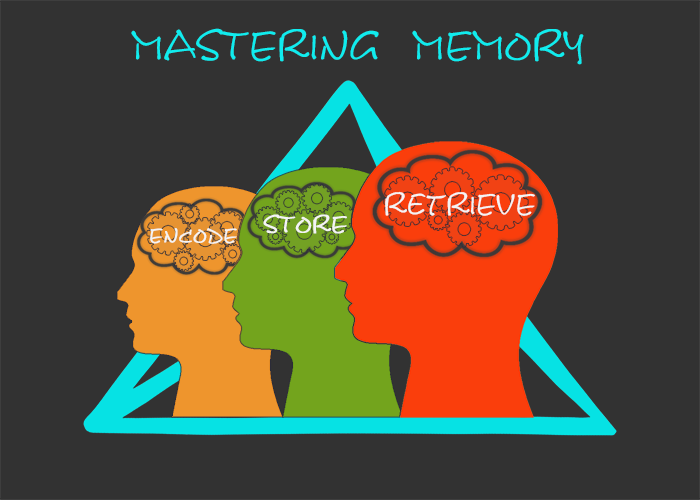
8. **Mastering the Art of the Follow-Up**
Once you’ve successfully piqued interest and an agent or company has requested your script, the waiting game begins. This can be one of the most nerve-wracking phases, but it’s crucial to approach it with a strategic mindset. The immediate temptation might be to call or email frequently, but patience is your greatest ally here. Remember, while this is a monumental moment in your career, to them, it’s often just another day at the office.
“Relax, my friend. Give the company some time.” The consensus from industry veterans is to allow a significant window—typically “about 4 – 8 weeks”—before initiating a follow-up. During this period, agents and their teams are sifting through numerous submissions. A premature follow-up can appear pushy and unprofessional, potentially hindering your chances. It’s best to stick to email for your follow-up, as calling is generally not recommended until a relationship has been established.
Should you find yourself without a response after this suggested timeframe, it’s often best to “assume that they have passed and that the material is just not right for them at the moment.” This isn’t a reflection of your worth or your script’s quality; it’s simply the nature of a highly competitive industry. However, this doesn’t mean the door is permanently closed. In fact, understanding how to handle rejection can actually open new avenues for growth and future opportunities.
“Hey now, cheer up buddy. You can’t take rejection personally. You have to have thick skin to survive in this cut-throat game.” This resilient mindset is essential. When faced with a pass, consider it an opportunity for refinement. You might even “write back to one of the agents that passed and ask them for feedback.” Often, a junior agent or assistant who read your script may provide valuable “coverage or notes” that can significantly improve your next draft.
Embrace feedback as a tool for evolution. Occasionally, these interactions can lead to an invitation for a re-read of a revised script or encouragement to submit new material. The key takeaway is to “never burn a bridge in Hollywood.” Maintaining professional relationships, even after a rejection, can be incredibly beneficial down the line, as “Your worst enemy can one day become your best and most lucrative friend.” This long-term view is critical for sustained success.
Read more about: Are 2025 Electric SUVs Worth the Investment? A Consumer Reports Deep Dive
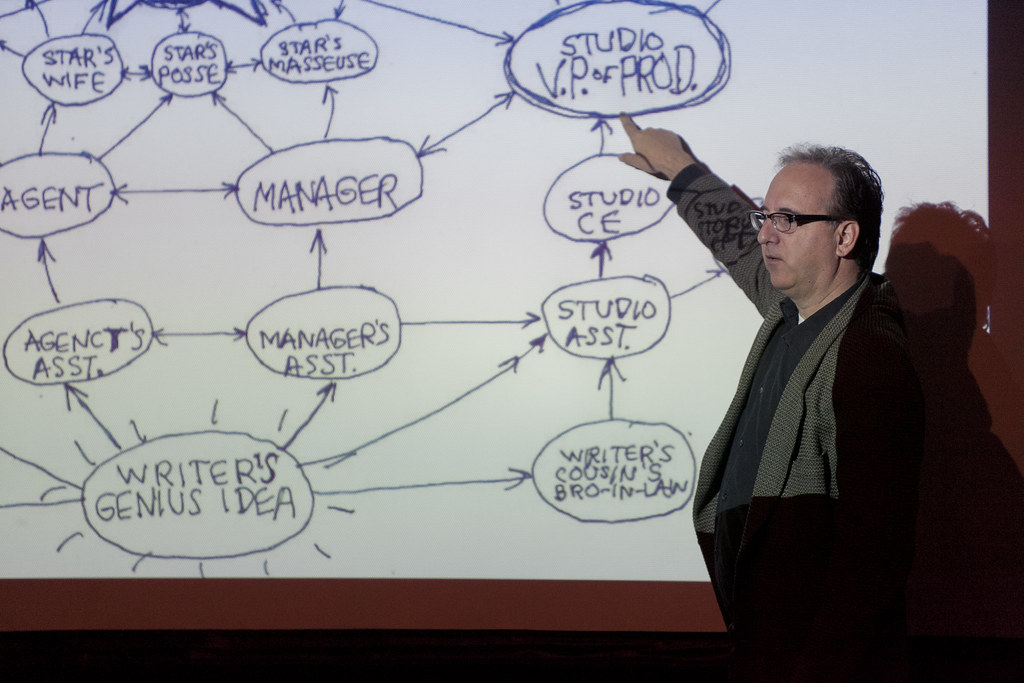
9. **Leveraging Screenwriting Conferences and Summits**
Beyond the digital realm of queries and emails, tangible connections remain incredibly powerful in the entertainment industry. Attending screenwriting conferences and summits offers a unique and invaluable opportunity to meet and engage with agents and other industry professionals in a direct, often more personal, setting. These events are specifically designed to foster networking and provide a platform for emerging talent.
Conferences like the “Toronto Screenwriting Conference, Willamette Writers Conference, Writer’s Digest Conference, and Story Expo” are cited as some of the most popular events that screenwriters can leverage. These gatherings often include panels, workshops, and pitch sessions where you can gain insights, refine your craft, and, crucially, put yourself in front of decision-makers. The high chance of “meeting and talking to agents in person” cannot be overstated.
The advantage of these face-to-face interactions is the ability to convey your passion and personality, which can be difficult to capture in a written query. A brief, engaging conversation can be far more memorable than an email, potentially leading to a request for your logline or even your script. These events also allow you to gauge the current industry climate, understand what agents are actively seeking, and tailor your approach accordingly.
Preparing for a conference means having your pitch perfected and being ready to articulate your project concisely and compellingly. While you won’t be submitting a full script on the spot, you’ll want to leave a strong impression that makes professionals eager to follow up. Think of these events as concentrated opportunities for strategic networking, where every conversation could be a step toward representation.

10. **Networking at Film Festivals**
In a similar vein to conferences, film festivals provide another dynamic environment for forging industry connections. These events are often more “casual and fun,” offering a relaxed atmosphere where “agents will generally be more receptive to finding out about you and your work.” It’s an opportunity to engage with professionals outside the formal office setting, allowing for more organic and authentic interactions.
Prestigious festivals such as the “Austin Film Festival, Sundance Film Festival, South by Southwest (SXSW) Film Festival, Slamdance Film Festival, and Tribeca Film Festival” are excellent venues for screenwriters. Beyond showcasing films, many of these festivals host screenwriting competitions, panels, and networking mixers specifically tailored to writers. This multi-faceted approach maximizes your chances of meeting relevant contacts.
The informal nature of festival networking can be particularly beneficial. Striking up a conversation over coffee or at a reception can be far less intimidating than a cold call. This allows you to build rapport and demonstrate your professional demeanor and passion, often leading to a more favorable impression than a purely written submission. Agents attending these festivals are actively looking for talent, making it fertile ground for discovery.
Before attending, ensure you have a succinct, engaging pitch and logline ready to share. While you won’t be handing out full scripts, you should be prepared to make a memorable impression that encourages follow-up. These events are about making human connections that can bypass traditional gatekeepers, providing direct access to the very people who can champion your work.
Read more about: Navigating the Awards Circuit: The Indispensable Role of Film Festivals in a Movie’s Journey to Acclaim

11. **Utilizing Online Pitch Sites and Competitions**
In today’s digital landscape, online platforms and screenwriting competitions have emerged as powerful tools for gaining exposure and securing industry recognition. “An effective way for your work to be recognized first hand is to submit it to online pitch sites or screenwriting competitions.” These avenues provide structured opportunities for your script to be evaluated by industry professionals, often leading to connections or even representation.
Online pitch sites like “Black List, Stage 32, [and] InkTip” serve as virtual marketplaces where screenwriters can upload their work for review by industry readers. These platforms offer a unique opportunity for your script to be discovered, regardless of your personal network. Good ratings or positive feedback on these sites can often attract the attention of agents, managers, and producers actively seeking new material.
Screenwriting competitions are another highly effective strategy. Prestigious contests such as the “Academy Nicholl Fellowship, Save the Cat! Screenplay Challenge, Screencraft, [and] Austin Screenwriting Competition” can provide significant validation and exposure. Winning or placing highly in these competitions not only adds a credible accolade to your resume but often comes with direct introductions to agents and managers, prize money, and invaluable industry mentorship.
However, it’s crucial to “Do your research before you make your submission to ensure that you are targeting the sites and competitions that are right for you, as the submission fees can add up quickly.” Each platform and competition has its unique focus and submission requirements. Strategic targeting ensures your resources are well-spent, increasing the likelihood that your script lands in front of the most receptive and relevant decision-makers for your specific genre and style.
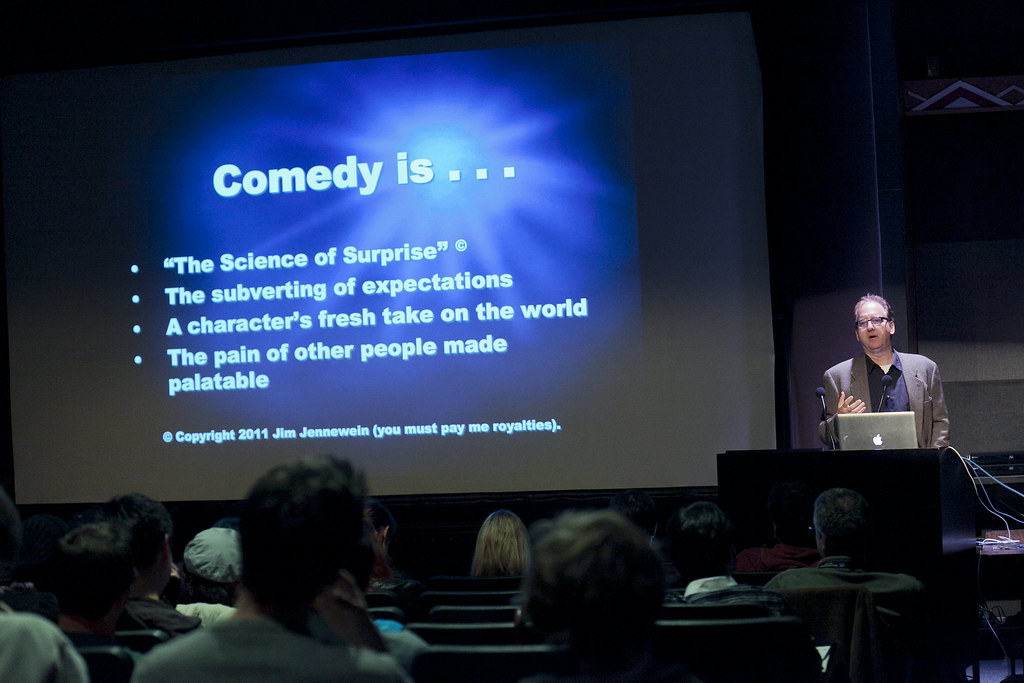
12. **Understanding the Role of a Screenwriting Manager**
While the pursuit of a screenwriting agent is often the primary goal for many, it’s increasingly common and often strategic for screenwriters to first secure a manager. The context notes that “in many instances, getting the attention of screenwriting agents can be tough.” This is partly because agents “represent many clients” and are “very busy,” making it challenging to spark their interest through a cold query.
“Many screenwriters such as John McClain first got a screenwriting manager who later referred them to agents.” This highlights a significant distinction: managers often fill a more hands-on, developmental role. While agents primarily focus on closing deals and handling legal matters related to script sales, managers provide a “more robust set of services to working writers,” taking a percentage of sales just like agents, but with a different emphasis.
Managers typically work to “Develop your creative voice, Hone your scripts, [and] Guide you on which of your scripts to take to market.” They often represent fewer clients than agents, allowing them “more time on their hands to help guide and mentor their clients.” This mentorship is especially valuable for new screenwriters who need assistance navigating the industry and refining their material to industry standards.
Ultimately, a manager’s goal is long-term career development. They are invested in helping you build a body of work and a sustainable career, understanding that the more work they can help you get, the more they stand to make. For many, a manager acts as an essential first step, helping to polish their craft and strategically position them for eventual agent representation, providing a crucial bridge into the industry.
Read more about: Navigating the New Reality: The 15 College Degrees Facing Challenges in 2025 and How to Future-Proof Your Education

13. **Deciding on Representation: Agent vs. Manager**
The distinction between a screenwriting agent and a manager is critical for any aspiring writer to understand, as their roles, while complementary, are quite different. Many new screenwriters mistakenly believe that once they secure an agent, they can simply “relax and wait for the agent to pitch their scripts to big-shot producers and studio executives.” However, the reality, as the context points out, “couldn’t be further from the truth!”
A screenwriting agent’s “main responsibilities are to close a deal on a script sale and to handle the legal matters in relation to the sale.” They typically work on commission, taking “a 10% cut of any script sale you make, only after the deal has been secured.” Importantly, agents “are not required to set up general meetings for screenwriters or to shop your scripts around.” They generally “will not guide you on your screenwriting career or offer you feedback on your written work,” as they often represent “thirty to 60 clients” and lack the time for individualized attention.
Conversely, as discussed, managers “represent fewer clients and have more time on their hands to help guide and mentor their clients.” They are more focused on “career development” and can “act as a script consultant and help you develop your work.” Managers typically take a slightly higher commission, around “15%,” reflecting their more hands-on role in shaping a writer’s creative path and market strategy. For new screenwriters who require “mentoring and guidance,” a manager is often the more appropriate initial step.
Therefore, the choice between pursuing an agent, a manager, or even both, depends heavily on your current career stage and needs. If you’re a seasoned writer primarily needing someone to negotiate deals, an agent is paramount. If you’re new and require creative development and strategic career guidance, a manager is often the better fit. Some experienced screenwriters, like Joel Eisenberg, have even “opted out of having a screenwriting agent altogether and prefer to handle all business matters themselves,” demonstrating the evolving landscape of representation.

14. **Navigating Rejection and Building Resilience**
In the relentless pursuit of a screenwriting career, rejection is not just a possibility; it’s an inevitability. The industry demands a thick skin and an unwavering spirit. “You can’t take rejection personally. You have to have thick skin to survive in this cut-throat game.” This isn’t just a platitude; it’s a foundational truth for enduring the often-long and challenging path to success. Every “pass” is not a definitive judgment on your talent, but rather an indication that the timing or project was simply not the right fit for that specific professional.
When rejections “start to pile up on a specific project,” it’s a clear signal to “consider a rewrite of the script.” This proactive approach is crucial for growth. Don’t be afraid to reach out to agents who passed on your material and “ask them for feedback.” As noted, junior agents or assistants are often willing to provide “coverage or notes,” offering invaluable insights that can transform your next draft. Such feedback, even if initially hard to hear, is a gift that refines your craft.
Embrace every piece of constructive criticism as an opportunity for improvement. “Occasionally you’ll find that they’ll even offer to read a rewrite or encourage you to contact them when you have a new script ready to go.” This shows that even a “no” can be a doorway to future engagement, underscoring the vital importance of maintaining professionalism and positive relationships. “Remember, never burn a bridge in Hollywood. Your worst enemy can one day become your best and most lucrative friend.”
Furthermore, if you do undertake a rewrite and plan to resubmit it to the market, a clever “Guru’s Tip” is to “change the title of the new draft.” This simple but effective trick helps “prevent it from being flagged by the agency’s submission log as already having been read / covered,” giving your revised work a fresh chance to be considered. It’s these strategic adjustments, coupled with relentless perseverance and a positive outlook, that ultimately pave the way for success in the competitive world of screenwriting.
Read more about: Your Must-Read List: The Top 10 Celebrity Memoirs That Will Transform Your 2025 Reading Journey!
Ultimately, securing an agent or manager is a significant milestone, but it’s just one part of a much larger journey in the entertainment industry. The most impactful secret to getting your script read and eventually produced isn’t a single trick, but rather a combination of rigorous preparation, strategic networking, and unwavering persistence. Continue to hone your craft, actively seek out opportunities for connection, and never stop learning about the ever-evolving landscape of film and television. Your screenplay is a testament to your vision, and with these actionable strategies, you’re not just knocking on Hollywood’s door; you’re building a pathway right through it. Good luck, and we eagerly await seeing your stories light up the big screen!



